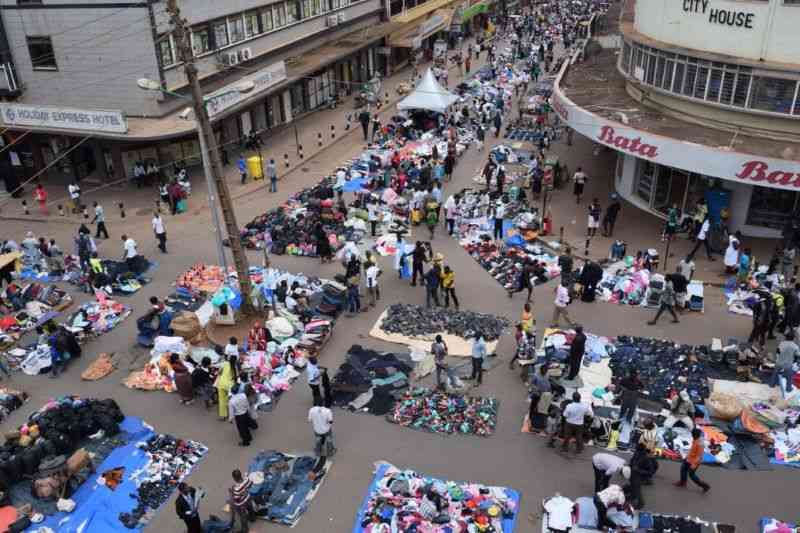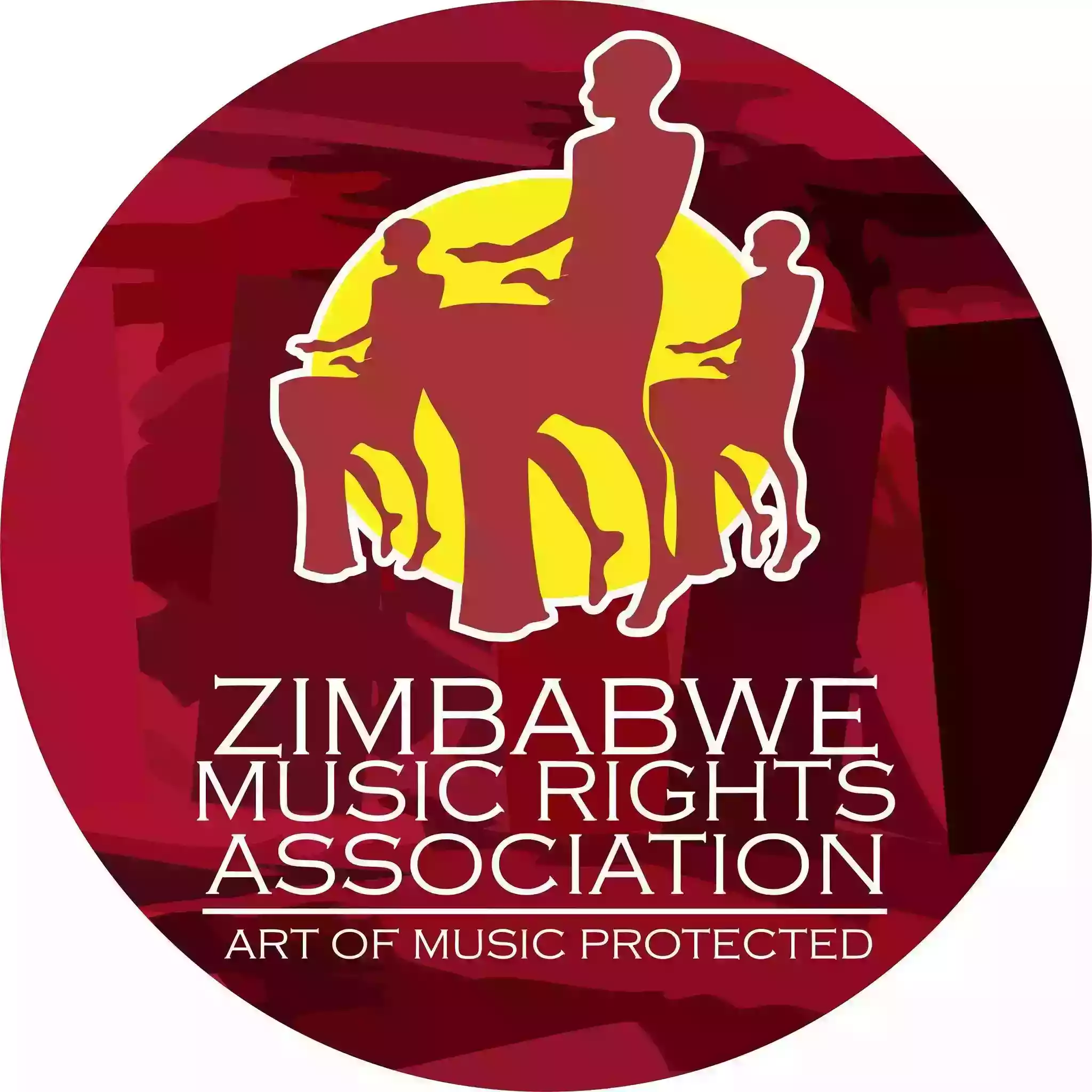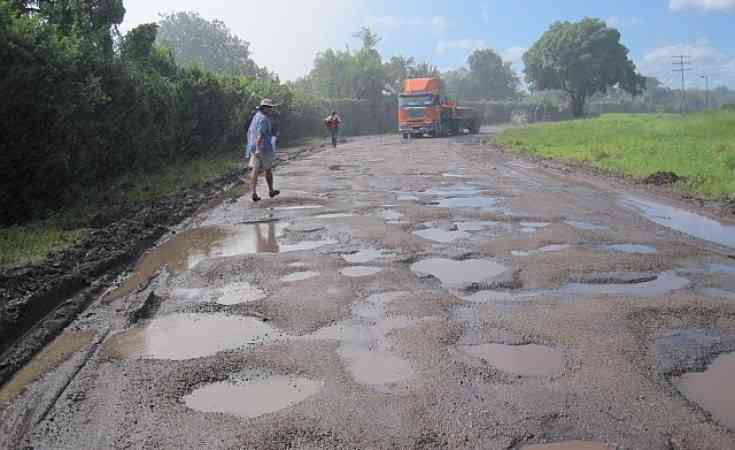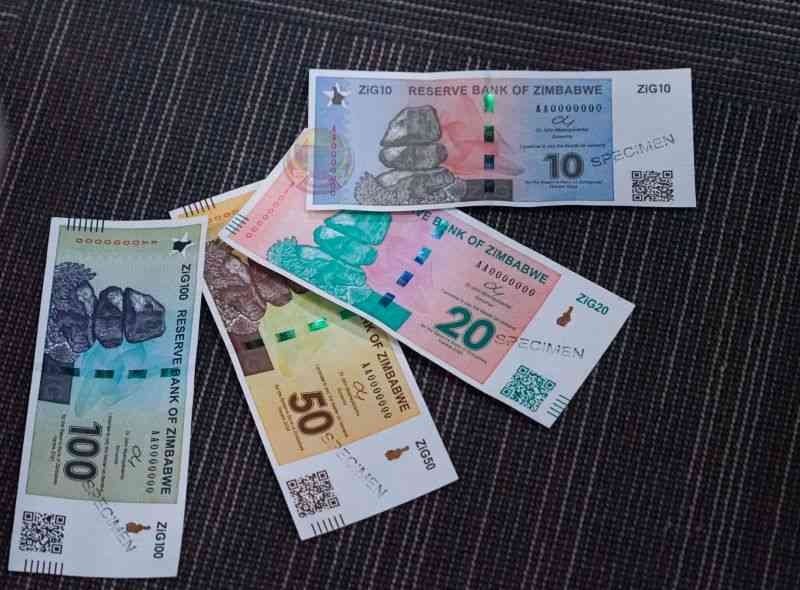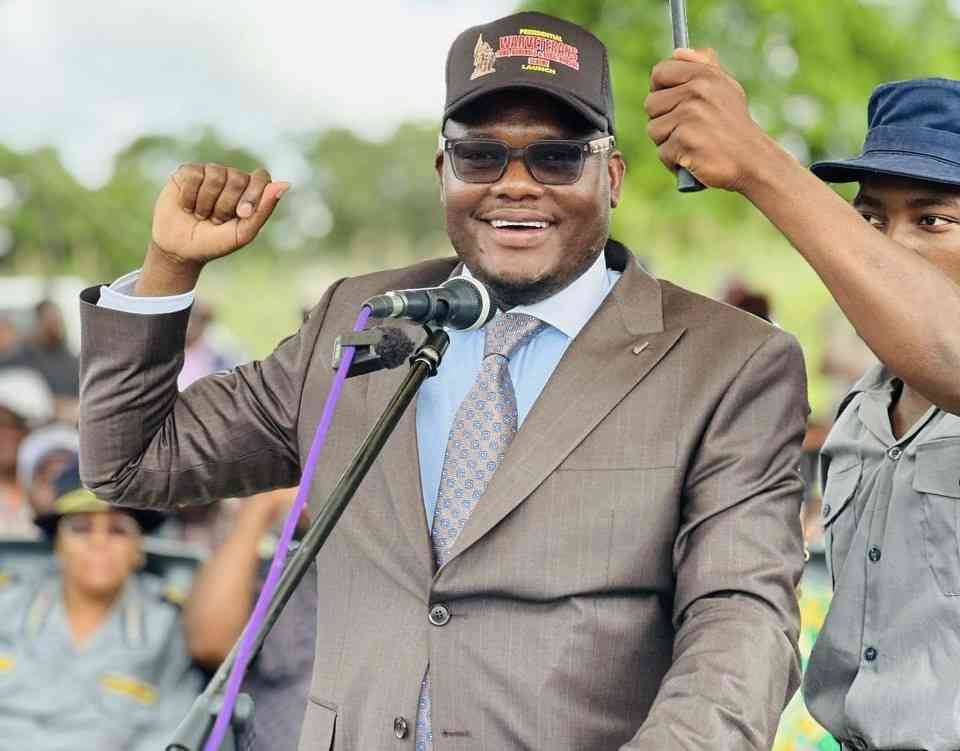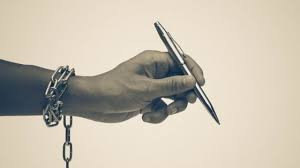
This article - the first in a series of opinion editorials (op-eds) building up to the convening of a southern Africa media summit to be hosted by Heart and Soul Broadcasting Services and its partners in Harare on October 15th - 16th, 2025 - seeks to explore the emerging threats to independent journalism in Southern Africa broadly and more specifically in Zimbabwe.
Coming on the backdrop of key developments in the configuration of the Southern Africa Development Community (Sadc) and shared challenges in sustaining legacy media within the region, the summit is a timely and critical forum for media stakeholders to introspect and co-create interventions that will advance media freedom in the region.
The basis of strengthening the media sector is not an end in itself. It is not important to keep the media in business merely for proprietors to claim a profit or for media workers to retain their jobs - both of which though essential are not the root cause of why a sustainable and editorially independent media should be defended at all cost.
Rather, an independent media is the lifeblood of any democratic society.
Whichever ideological preposition one could be persuaded to follow.
Most states are part of the global family of nations under the auspices of the United Nations (UN) and to this end subscribe to the universally declared rights for every person.
On this basis, whether contextually tenets of a free media are specified by law or are implied, the yardstick of any nation-state subscribing to the Universal rights is that of having a free media or allowing for freedom of expression.
While concepts of media freedom or independent journalism or media are not mutually exclusive and can mean different things to different people, there are set parameters of what an independent media looks like.
- Little hope for Zim, Africa
- African leaders dying overseas expose cruel deception of independence
- Sadc must intervene on Zim crisis: SA
- Sadc meets over water, energy and food security
Keep Reading
Perhaps, to already place a pessimistic disclaimer - media freedom and independent journalism are more aspirational than there are practical.
Journalists like all human beings have their preconceived biases that can sometimes erode their objectivity.
Similarly, the basic political economy of the media dictates that the editorial stance or policy is a by-product of the interests of the owners and investors.
These natural law arguments, which radical critiques to the concepts of media freedom and editorial independence often posit to the impracticalities of the same - have counter narratives.
For starters, the news media structure - nevermind that it is owned by the state or public or privately owned is such that individual biases are subsumed within those of a wider and more diverse institution.
Like you cannot find every journalist and media worker at one institution all holding the same political view or supporting the same sports team.
Of course, political and commercial interests may impact on the editorial independence of a news media organisation.
Yet, even then, there are established practices and parameters that can safeguard journalists and media organisations against bending to these political and commercial pressures.
Most established media organisations have distinct roles and functions of those pursuing commercial enterprise and have established mechanisms to protect against political interference.
Southern Africa has had challenges navigating the complexities of either excessive state control of public media or the challenge to keep the media afloat.
South Africa, the one country with a semblance of public broadcasting has been grappling with a legislative framework that keeps the South Africa Broadcasting Corporation (Sabc) afloat.
Namibia has had similar sustainability challenges and at one point the public broadcaster was struggling to meet primary obligations such as workers salaries.
Most Sadc countries' public media houses are virtually state owned and all but an extension of the governing party.
The privately owned media has also been struggling with big media conglomerates in the region heavily downsizing or folding to the history books.
This has exposed independent media and by extension journalism to possible capture by the state or commercial interests.
The southern Africa economies largely conflate capital with state power and this particular convergence has been applying pressure to whatever is left of the media.
And these commercial interests have been taking different shades and form, with some of it organised and institutional while some of it being individuals or groups of individuals.
Zimbabwe as an example has been witnessing the growth of influential entrepreneurs, who on account of their proximity to power are often rewarded with inflated government tenders.
In some, if not most instances - these entrepreneurs, who on account of their favourable tender terms are called by the moniker, "tenderprenuers" rarely deliver on their projects.
Instead, the wealth accumulated from the corruptly awarded tenders is flaunted and the individuals live a flamboyant life.
Given their political connection and wealth, this group of individuals is gaining prominence, which threatens editorial independence on at least three accounts.
First, by virtue of these personalities gaining societal prominence, itself a news value, there's pressure to report on their flamboyant lifestyle or philanthropic work without the fear of victimization.
And this victimisation could be physical in nature or could take the form of strategic litigation against public participation (SLAPP). No news media outlet can afford running legal battles against these cash rich individuals should they decide to come after a media house or journalist.
Secondly, most of these tenderprenuers run briefcase organisations that are not structured and barely do they have a dedicated marketing and advertising departments to manage their brands.
They often resort to either identifying individual media organizations or journalists to do their bidding on their behalf.
Sometimes this has actually fuelled corruption in the media and instead of independent and critical journalism thriving, we have either propaganda or public relations articles packaged as news.
Lastly for this instalment, these tenderprenuers are untouchable. Even when there is investigative journalistic work carried out to expose their corrupt dealings - no one dares to act.
Not even civic society nor the opposition.
This fatigues journalists and the more such critical journalism is ignored, the more the media will shy away from hard news.
Southern Africa in general and Zimbabwe's independent media and journalism are at the crossroads.
The pressure to survive looms large and the political and commercial pressure, now also emerging from a new brand of individuals is threatening the independence of journalistic work.
The Southern Africa Media summit being convened in October is certainly an opportunity to discuss strategies to push back against these powerful forces and ensure that independent journalism remains resilient.
*Nigel Nyamutumbu is a media development practitioner serving as the coordinator of a network of journalistic professional associations and media support organizations the Media Alliance of Zimbabwe (MAZ). He can be contacted on [email protected] or +263 772 501 557

